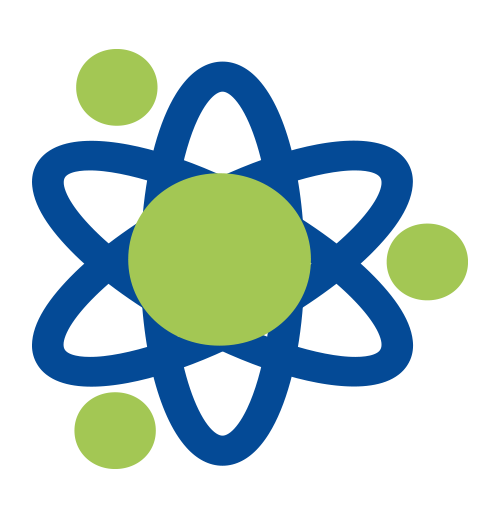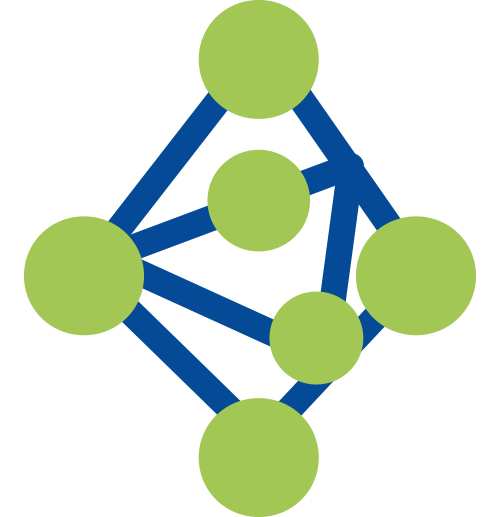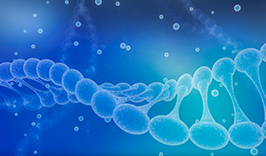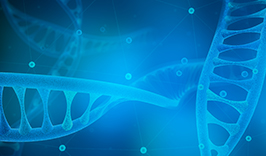2024. 02NGS
Proteomic and metabolomic features in patients with HCC responding to lenvatinib and anti-PD1 therapy
Zhong-Chen Li, Jie Wang, He-Bin Liu, Yi-Min Zheng, Jian-Hang Huang, Jia-Bin Cai, Lei Zhang, Xin Liu, Ling Du, Xue-Ting Yang, Xiao-Qiang Chai, Ying-Hua Jiang, Zheng-Gang Ren, Jian Zhou, Jia Fan, De-Cai Yu, Hui-Chuan Sun, Cheng Huang, Feng Liu
阅读全文
SUMMARY
Combination therapy (lenvatinib/programmed death-1 inhibitor) is effective for treating unresectable hepatocellular carcinoma (uHCC). We reveal that responders have better overall and progression-free survival, as well as high tumor mutation burden and special somatic variants. We analyze the proteome and metabolome of 82 plasma samples from patients with hepatocellular carcinoma (HCC; n = 51) and normal controls (n = 15), revealing that individual differences outweigh treatment differences. Responders exhibit enhanced activity in the alternative/lectin complement pathway and higher levels of lysophosphatidylcholines (LysoPCs), predicting a favorable prognosis. Non-responders are enriched for immunoglobulins, predicting worse outcomes. Compared to normal controls, HCC plasma proteins show acute inflammatory response and platelet activation, while LysoPCs decrease. Combination therapy increases LysoPCs/phosphocholines in responders. Logistic regression/random forest models using metabolomic features achieve good performance in the prediction of responders. Proteomic analysis of cancer tissues unveils molecular features that are associated with side effects in responders receiving combination therapy. In conclusion, our analysis identifies plasma features associated with uHCC responders to combination therapy.
 NGS杂交捕获DNA探针 人全外显子组探针4.0肿瘤版 人全外显子组探针4.0核心版 QuarStar 94基因泛肿瘤Panel 3.0 QuarStar 176基因泛肿瘤Panel 3.0 QuarStar 227基因融合Panel 1.0 QuarStar 515基因泛肿瘤Panel 1.0 杂交捕获RNA探针 人全外显子组探针3.0 HRD panel 建库试剂 DNA建库试剂盒 片段化试剂 磁珠法捕获mRNA试剂盒 rRNA去除试剂盒 QuarPro T4连接酶 杂交捕获试剂 DNA探针快速杂交捕获试剂 DNA探针杂交捕获试剂V2版 DNA探针杂交捕获试剂 RNA探针一管式过夜杂交试剂 RNA探针快速杂交捕获试剂 接头体系 封闭液系统 扩增子NGS BRCA超多重引物 超多重PCR试剂盒2.0 PathoSeq 450病原库 配套试剂 链霉亲和素磁珠 设备与软件 iQuars 50自动化工作站
NGS杂交捕获DNA探针 人全外显子组探针4.0肿瘤版 人全外显子组探针4.0核心版 QuarStar 94基因泛肿瘤Panel 3.0 QuarStar 176基因泛肿瘤Panel 3.0 QuarStar 227基因融合Panel 1.0 QuarStar 515基因泛肿瘤Panel 1.0 杂交捕获RNA探针 人全外显子组探针3.0 HRD panel 建库试剂 DNA建库试剂盒 片段化试剂 磁珠法捕获mRNA试剂盒 rRNA去除试剂盒 QuarPro T4连接酶 杂交捕获试剂 DNA探针快速杂交捕获试剂 DNA探针杂交捕获试剂V2版 DNA探针杂交捕获试剂 RNA探针一管式过夜杂交试剂 RNA探针快速杂交捕获试剂 接头体系 封闭液系统 扩增子NGS BRCA超多重引物 超多重PCR试剂盒2.0 PathoSeq 450病原库 配套试剂 链霉亲和素磁珠 设备与软件 iQuars 50自动化工作站 RNA合成sgRNA miRNA siRNA
RNA合成sgRNA miRNA siRNA



 引物与探针
引物与探针 基因合成
基因合成 寡核苷酸池
寡核苷酸池 CRISPR sgRNA定制文库
CRISPR sgRNA定制文库 抗体库
抗体库 突变体库
突变体库


 电话:400-017-9077
电话:400-017-9077 地址:上海市闵行区光华路248号5号楼2楼
地址:上海市闵行区光华路248号5号楼2楼 邮箱:
邮箱:







